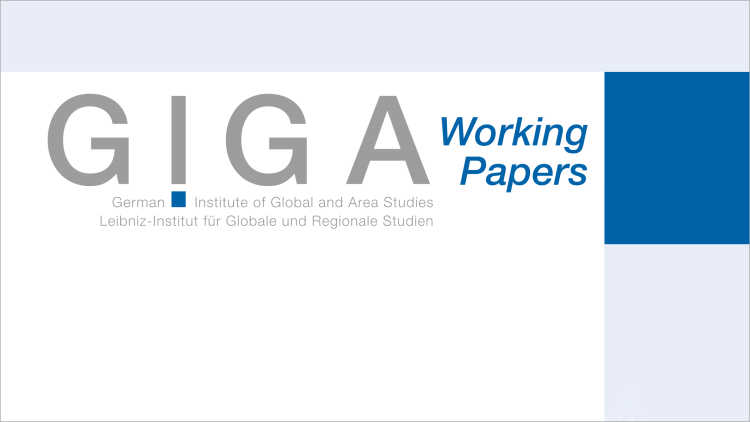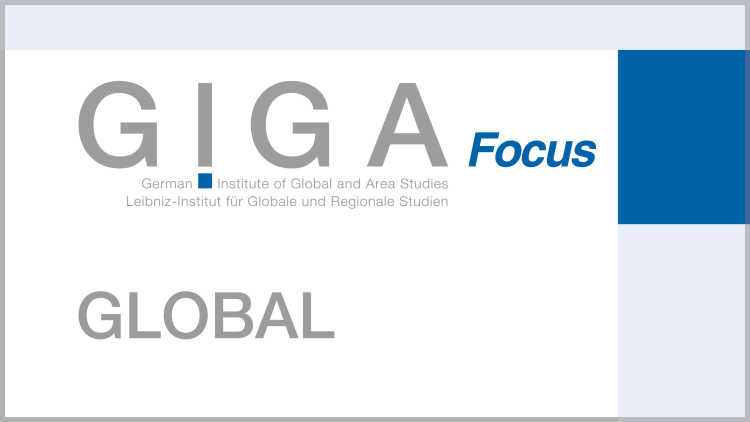- Home
- Publications
- GIGA Focus
- Entwicklung und Liberalisierung – Ergebnisse der 6. WTO-Ministerkonferenz in Hongkong
GIGA Focus Global
Entwicklung und Liberalisierung – Ergebnisse der 6. WTO-Ministerkonferenz in Hongkong
Number 1 | 2006 | ISSN: 1862-3581
Die 6. Ministerkonferenz der WTO in Hongkong konnte das selbst gesetzte Minimum an Zielen erreichen: Insbesondere die Interessen der Entwicklungsländer fanden sich in den Beschlüssen über Exporterleichterungen und den Abbau von Exportsubventionen wieder. Damit wird die Doha-Runde zunehmend den Erfordernissen ihrer Entwicklungsagenda gerecht.
Analyse: Entwicklungs- und Schwellenländer verbessern die Organisation ihrer Interessen in der WTO. Durch Interessengruppierungen wie die G-20, G-33, NAMA-11 und die Cairns-Gruppe erlangen diese Länder neue Verhandlungsmachtoptionen.
Angesichts der Heterogenität von Dritte-Welt-Interessen, aber auch der Komplexität der Welthandelsvereinbarungen sind jedoch Zweifel an der mittel- und langfristigen Effektivität dieser Verhandlungsgruppierungen angebracht.
Neben der Weltmacht USA und der Europäischen Union avancieren regionale Führungsmächte wie China, Indien, und Brasilien zu einflussreichen Akteuren im Aushandlungsprozess über einen neuen Welthandelsvertrag.
Die Aggregierung von Interessen durch Staatengruppierungen hat dazu geführt, dass der Norden sich inhaltlich bewegt, während der Süden eher auf seinen Positionen verharrt.
Große Agrarexporteure, wie Brasilien, vertreten immer effektiver ihre Interessen, während sie gleichzeitig anfälligere Ökonomien, z.B. in Afrika, volkswirtschaftlichen Schaden zufügen.
Footnotes
Regional Institutes
Research Programmes
How to cite this article
Loewen, Volker Howard (2006), Entwicklung und Liberalisierung – Ergebnisse der 6. WTO-Ministerkonferenz in Hongkong, GIGA Focus Global, 1, Hamburg: German Institute for Global and Area Studies (GIGA), http://nbn-resolving.de/urn:nbn:de:0168-ssoar-268281
Imprint
The GIGA Focus is an Open Access publication and can be read on the Internet and downloaded free of charge at www.giga-hamburg.de/en/publications/giga-focus. According to the conditions of the Creative-Commons license Attribution-No Derivative Works 3.0, this publication may be freely duplicated, circulated, and made accessible to the public. The particular conditions include the correct indication of the initial publication as GIGA Focus and no changes in or abbreviation of texts.
The German Institute for Global and Area Studies (GIGA) – Leibniz-Institut für Globale und Regionale Studien in Hamburg publishes the Focus series on Africa, Asia, Latin America, the Middle East and global issues. The GIGA Focus is edited and published by the GIGA. The views and opinions expressed are solely those of the authors and do not necessarily reflect those of the institute. Authors alone are responsible for the content of their articles. GIGA and the authors cannot be held liable for any errors and omissions, or for any consequences arising from the use of the information provided.


